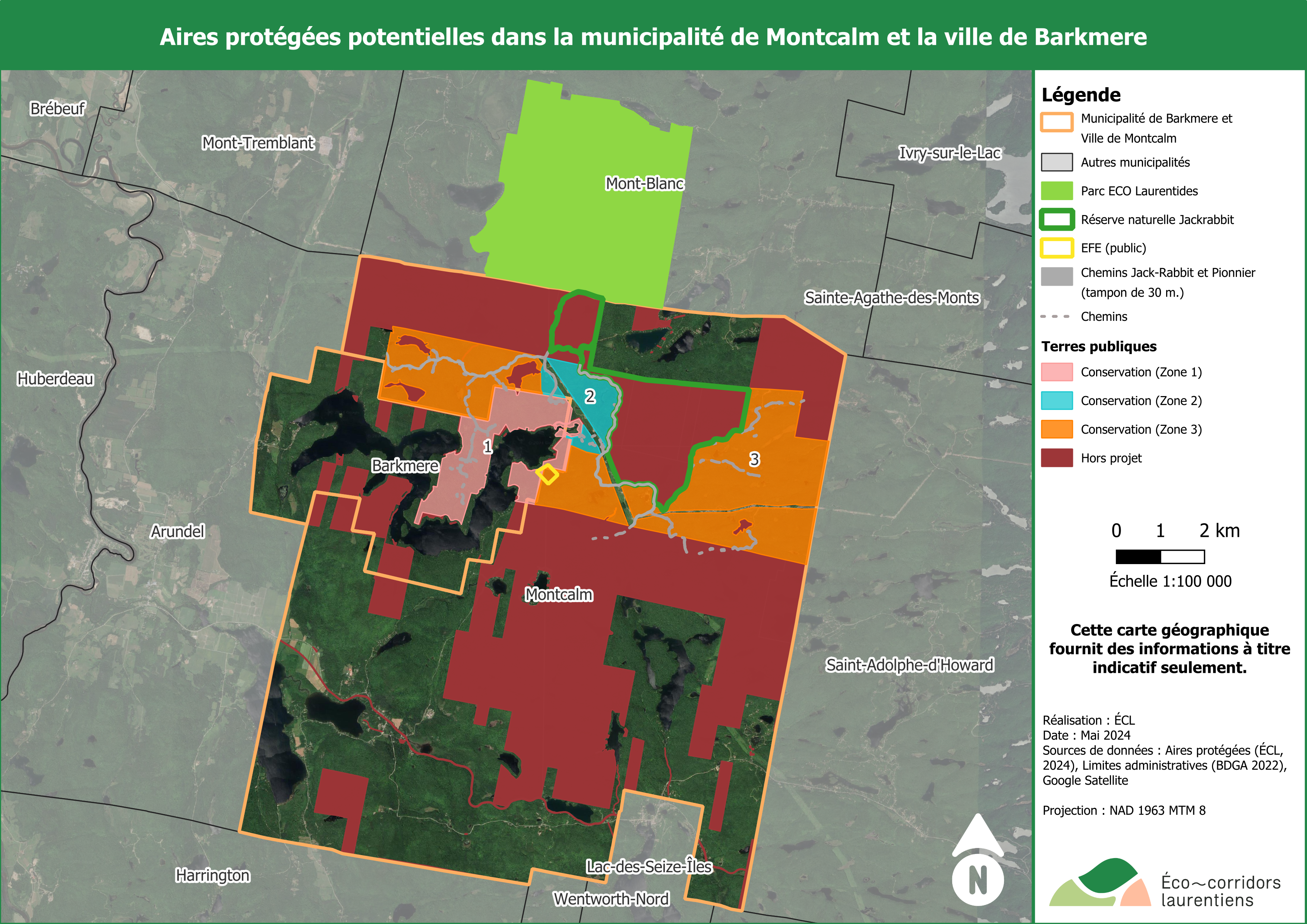Protecting the natural environment of the town has been the single most important priority of Barkmere’s council since the establishment of the municipality in 1926. The volunteers on the Bark Lake Protective Association (BLPA) at that time took the important initiative to form the town with the primary objective of democratically empowering the town’s population with the ability to determine its future and to ensure that the town was not lost in a larger municipal agglomeration. We thank those forward-thinking members of the BLPA of 1926 as the residents of Barkmere have been benefiting from their wise decision ever since.
In this section of the website we will provide key information regarding the environmental issues of importance for the town. We will put copies of reports and environmental studies, updates on key programmes being undertaken by the Consultative Committee on the Environment (CCE), announcements and messages of importance, and links to pertinent websites and other sources of information on the internet.
Barklake Code of Ethics
Protected area project


